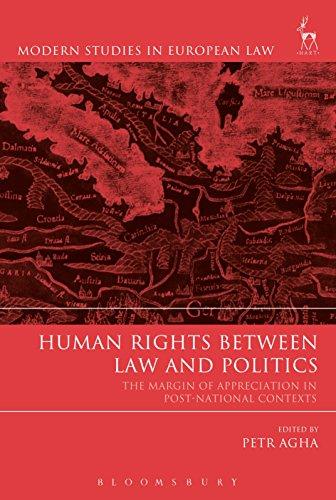Question
In Maine, residents of towns without schools are able to attend a school of their choice, using tax money to fund the student's education. However,
In Maine, residents of towns without schools are able to attend a school of their choice, using tax money to fund the student's education. However, public funds cannot be used for tuition at religious schools. Three families, who do not live in towns with schools and whose children attend Bangor Christian School, have sued in federal court, arguing that the law prohibiting funds to Christian schools is discriminatory. Research the case. What are each sides' arguments? Is there any precedent? Does this precedent apply? Where does the case stand now? (The Bangor Daily News is a good place to start your research. You may want to start from the earliest article and work your way to present day.)-(If you have not yet completed the IP lesson, you should do so before working on this prompt.) As part of the intellectual property lesson, you learned about the ANDA process, the difficulties applying it to biologic drugs, and how patent law affects consumer access to drugs as well as drug innovation. Research the Biologics Price Competition and Innovation Act. What is this law? Is it part of a larger body of law, and if so, which one? How does this law deviate from the traditional patent law process? Why is that beneficial to consumers? Why is it beneficial to manufacturers? Are there any criticism of the law? How does this compare to your answer to Question #10, which asked what your solution to the biologics/ANDA problem would be
Step by Step Solution
There are 3 Steps involved in it
Step: 1

Get Instant Access to Expert-Tailored Solutions
See step-by-step solutions with expert insights and AI powered tools for academic success
Step: 2

Step: 3

Ace Your Homework with AI
Get the answers you need in no time with our AI-driven, step-by-step assistance
Get Started


